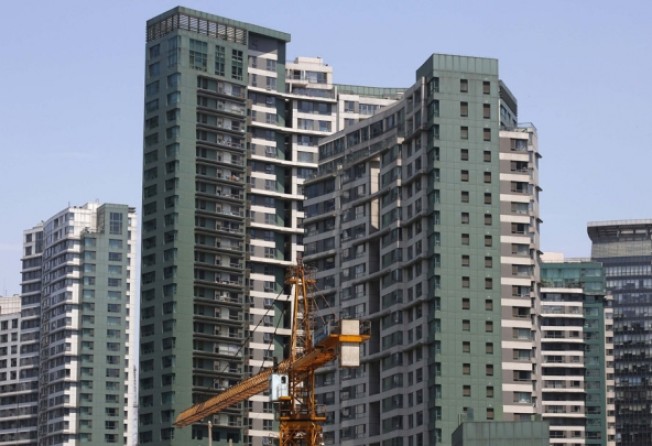China property retains its appeal despite the risks
Jeremy Liebster and Jennifer Chase, of DLA Piper, Hong Kong, discuss the rise of private equity real estate investment in China

Why are private equity firms focusing on Chinese real estate?
While overall private equity investment in China has fallen from its peak, the real estate sector is bucking the trend. This is driven by growing interest from major global funds readying themselves for acquisitions.
The Chinese government is under increasing pressure to dampen the property price bubble by reducing available credit - and the signs are that any credit reduction will encourage some developers to look towards private equity firms for funding. In addition, mainland funds are taking advantage of the increasingly relaxed regulatory barriers to diversify their portfolios by making investments in Europe and the United States; many believe that this will abate the hitherto frenetic competition for available real estate. And while few investors are naive enough to think that the prices in China for either residential or commercial real estate will continue the meteoric rise seen since 2001, it is generally accepted that 300-400 million people will relocate to the cities in the next 15 years, ensuring some degree of demand.
What are the risks and challenges that private equity face in their Chinese property investments?
Private equity investors usually come to the negotiating table with an expectation on standard deal terms and conditions that they can command, only to find themselves in heavy negotiations with a local or even international developer that does not take the same view. With internal pressure to "get the deal", PE investors often find that they are compromising on their standard terms. Once the development is acquired, the challenges do not cease and a successful commercial development requires an effective and experienced property manager. Finding a local partner with sufficient experience and expertise can be challenging, but has a value that shouldn't be underestimated.
As with most areas of investment in China, real estate investment is not for the faint of heart and comes with its own set of risks. In particular, PE investors without solid experience in the China market, can miss these risks in their hurry to enter the market. Or, if the risks are investigated and understood, investors can put too little or too much emphasis on them, causing difficulties with internal approvals and controls. In particular, many PE investors do not properly assess the development risks in China. Real estate development in China is a complex and heavily regulated field, changes in government policy can be made overnight, delays in construction are common and substantive and can have extreme results, even including loss of land grant rights. Developments running over budget are also a common occurrence, particularly where the investor does not wish to compromise on quality.
What about the exit?
This is the elephant in the room whenever private equity in China is mentioned. But while PE investments in Chinese start-up companies raise the inevitable question of how quickly - if at all - an initial public offering can be approved, this is not a concern for investments in real estate.
Larger PE investors with their own asset platforms also have the ability to take on underperforming assets and turn them around with an exit option to sell to other funds or investors. Of course, the real estate system is far from straightforward. Legislative requirements mean that the most common structure of land ownership and investment involves an offshore holding company holding a wholly owned foreign enterprise, which in turn holds the asset.
The most tax-efficient exit generally involves a share sale of the assets in the holding company which, although requiring a lot of legal negotiation, is a well-trodden path. This means real estate in China enjoys far more liquidity than most other asset classes.